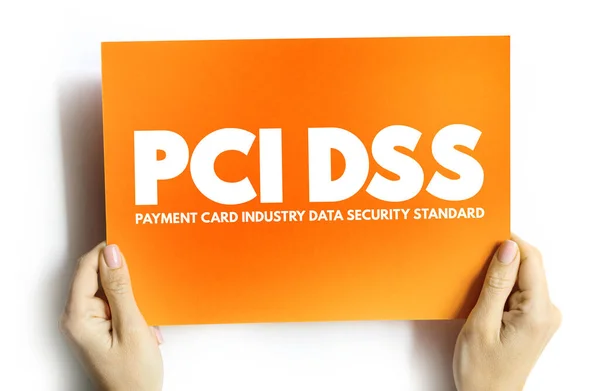
In today’s digital age, online transactions have become the norm for businesses worldwide. As a merchant, ensuring the security of your customer’s payment data is paramount. This is where PCI DSS (Payment Card Industry Data Security Standard) compliant payment gateways play a crucial role. Let’s delve into why PCI DSS compliance is essential and how it helps prevent fraud while safeguarding sensitive cardholder data.
Understanding PCI DSS Compliance
PCI DSS is a set of security standards designed to ensure that all companies that accept, process, store, or transmit credit card information maintain a secure environment. It was established to protect cardholder data from theft and fraud. Compliance with PCI DSS involves implementing various security measures and best practices to safeguard payment transactions.
Importance of PCI DSS Compliance
- Enhanced Security – PCI DSS compliance helps in fortifying the security infrastructure of payment gateways. By adhering to these standards, merchants can implement robust security protocols, such as encryption and tokenization, to protect sensitive cardholder data from unauthorized access.
- Prevention of Data Breaches – Data breaches can have severe repercussions for businesses, including financial losses and damage to reputation. PCI DSS compliance significantly reduces the risk of data breaches by implementing strict security controls and regularly monitoring systems for vulnerabilities.
- Customer Trust and Confidence – When customers make purchases online, they trust merchants to keep their payment information secure. Utilizing a PCI DSS compliant payment gateway reassures customers that their data is being handled with the highest level of security standards, thereby fostering trust and confidence in your brand.
- Legal Compliance – Compliance with PCI DSS is not only essential for maintaining security but also for meeting legal requirements. Non-compliance can result in hefty fines and penalties, as well as legal action from regulatory bodies. By ensuring PCI DSS compliance, merchants can avoid these legal pitfalls and operate within the bounds of the law.
- Protection Against Fraud – One of the primary objectives of PCI DSS is to prevent fraud in payment transactions. By implementing stringent security measures, such as multi-factor authentication and regular security assessments, PCI DSS compliant payment gateways significantly reduce the risk of fraudulent activities, safeguarding both merchants and customers.
How PCI DSS Protects Cardholder Data
PCI DSS compliance encompasses various security measures aimed at protecting cardholder data throughout the payment process:
- Encryption of sensitive data during transmission and storage.
- Implementation of access controls to restrict access to cardholder information.
- Regular monitoring and testing of security systems to identify vulnerabilities.
- Use of secure authentication mechanisms to verify the identity of users accessing payment systems.
- Adoption of secure development practices to ensure the integrity of payment applications.
Conclusion
ensuring the security of payment transactions is non-negotiable for businesses. PCI DSS compliant payment gateways provide a robust framework for safeguarding cardholder data, preventing fraud, and maintaining customer trust. By prioritizing PCI DSS compliance, merchants can mitigate risks, protect their reputation, and build a secure environment for conducting online transactions. Investing in a PCI DSS compliant payment gateway is not just a regulatory requirement but a fundamental step towards ensuring the long-term success and security of your business.



